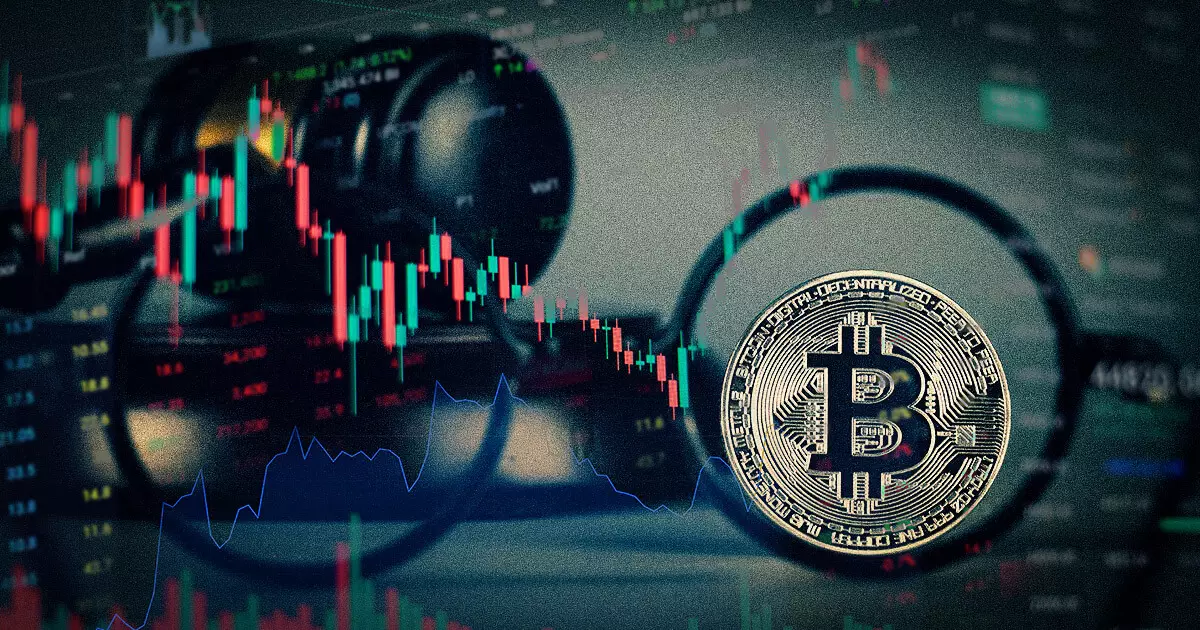The cryptocurrency industry has experienced significant growth in recent years, presenting numerous advantages and opportunities. However, the lack of regulatory oversight has also exposed the industry to various risks and threats. In a recent report titled “Blockchain in Finance,” the U.S. Accountability Office (GAO) highlights the pressing need for a government-wide approach to address the regulatory gaps in the cryptocurrency industry effectively. This article will delve into the key insights from the report and underscore the urgency of implementing comprehensive regulation in the crypto industry.
One of the primary concerns raised by the GAO is the lack of a comprehensive regulatory framework and coordination mechanism among federal regulators. Without a unified approach, regulators struggle to effectively supervise the crypto industry and identify risks promptly. To address this issue, the report suggests the establishment of a formal coordination mechanism that enables regulators to collectively identify risks and develop timely responses. This mechanism would also enhance oversight of spot markets for cryptocurrencies that are not considered securities, as these markets have witnessed an increase in fraudulent activity and trading manipulation due to the absence of regulatory supervision.
While platforms that trade crypto-asset securities are subject to registration and regulation under securities laws, platforms facilitating the trading of non-security crypto-assets often operate without adequate oversight. The GAO emphasizes the importance of treating these platforms similarly to ensure comprehensive oversight. By enacting new legislation, Congress can provide more effective protection to users and combat unfair and manipulative trading practices prevalent in the unregulated crypto industry.
The GAO report draws particular attention to the growing prominence of stablecoins in the crypto ecosystem. Stablecoins are designed to maintain a stable value by being backed by reserve assets, typically pegged to a traditional currency such as the US dollar. However, the lack of uniform standards for reserve levels, risk assessment, and disclosures among stablecoin issuers pose significant risks to financial stability. To mitigate these risks, the GAO recommends the establishment of standardized rules for reserve levels and public disclosures. Additionally, the report suggests the creation of a legal framework for redemption rights associated with stablecoins, further enhancing consumer protection and ensuring the stability of the financial system.
The GAO report emphasizes the urgent need for comprehensive regulation in the cryptocurrency industry. By adopting a government-wide approach and enacting new legislation, Congress can effectively address the regulatory gaps related to spot cryptocurrency markets and stablecoins. Such regulations would enable regulators to oversee non-security crypto trading platforms adequately and establish standardized rules to protect users. Furthermore, prompt action is necessary to prevent further risks to financial stability and enhance consumer protection in the rapidly evolving world of cryptocurrencies.
As the cryptocurrency industry continues to evolve and expand, the importance of government-wide regulation becomes increasingly evident. The GAO report serves as a crucial reminder of the risks associated with the lack of oversight in the industry. By implementing a comprehensive regulatory framework, Congress can ensure the effective supervision of the crypto industry, protect consumers from unfair practices, and mitigate risks to financial stability. It is incumbent upon lawmakers to act swiftly and prioritize the establishment of regulatory measures to safeguard the interests of both investors and the broader economy.


















